
Radar | Sep 03,2022
Jul 6 , 2019
By Eden Sahle
Ever notice that as Ethiopians, we don’t have too many heroes who can be role models? We lack so many people who have done something worthwhile in life for themselves, others and for Ethiopia, surmounting all the negative experience a developing country like Ethiopia poses.
We lack people to look up to in life in businesses and leadership. While not having practical heroes may seem simple on the surface, it’s one of the significant hurdles we face as a country. There is a shortage of creative people who can show us how to navigate and overcome negative experiences. Perhaps the worthiest initiative we can do as a nation is create heroes for people and leaders to admire and learn from.
What is ripe is the blame game. It is going on in all ladders of social, economic and political aspects of Ethiopia. It is very easy to blame, but there is no solution in blaming.
As a country, we need to learn how to focus and prioritise our thoughts effectively to build what is beneficial for all. This is by no means easy. It takes a lifetime of practice, discipline and commitment to achieve.
Currently, it has become so common to avoid problems as if they don’t exist. The avoidance of a problem is a form of massive delinquency by itself, which backfires, resulting in several bottlenecks we see in our economy, politics and social coexistence. Hiding our problems as individuals and as a nation is becoming a disease that is making problems persist and flourish.
The nation is struggling in so many ways, because people could not think of something better. Many give too much attention to what is irrelevant and meaningless chatter. If we go around and observe situations in Ethiopia, what most people consider important without conscious thought is terrifying.
We should envision and work to find something admirable in people, in our institutions and leaders. Having problems may not necessarily be a bad thing, because our mind is wired to solve them. I think what most people in Ethiopia are suffering from is being focused on the wrong things, and these are just side effects of not having anything more important to think about, such as role models to look up to.
We should be more invested in finding something important and meaningful in our actions, because it is the most productive use of our time and energy. If we don’t find something useful to do in life, our attention will be given to worthless causes.
Engaging the people in healing each other from the wounds and hurts of so many things is critical. Ethiopia should start to harness its massive demographic dividend through bringing the public on board in building each other up rather than tearing each other down for irrelevant reasons. Government action must strictly align with establishing remarkable ways to use the untapped potential that lies in the public.
If we are to create a better country, a country of opportunities with well-trained professionals who can ensure effective service delivery, then we need to consider utilising the potential that is being wasted.
The public should become transformation agents to ensure that the country’s population contributes fully to the country’s economic and societal progress. Ethiopia’s future is the people themselves. This is why we need to create, nurture and sustain a public that can overcome unprecedented economic, political and societal challenges. Having the people on board to work for a future that is secure and equitable is the success our leaders should pursue.
The country must be prepared to tap our ever-increasing human resources for economic growth and for establishing a mindset that is so focused on achieving higher goals that we all can be proud of and pass on to the next generation. Leaders must eradicate the greed that is creating widespread corruption, frustration, agitation, rising unemployment and limited opportunities for political participation.
We must all work together to rid ourselves of the exploding violence in every corner, because the devastating consequences are too dangerous for current and future generations. If we understand it clearly, we are standing at a critical moment. What the government and the public do now will ultimately result in the future of Ethiopia and its people.
Everyone should uphold responsibility and accountability even if no one is looking. Leaders should not wait until the public is aggravated beyond the point of no return. Every one of us owes our nation with being responsible citizens. We should learn to live for our conscience, which is naturally reinforced to do constructive things.
Instead of dwelling on the negatives and being pessimistic, let us all focus on the simple way of reorienting our expectations and work for real practical solutions. We hold the ability to choose between what is important and what is not. Developing this habit of discernment can take us to the road of peace and development. We should not be comfortable just talking about problems and not doing anything to change them or even to prevent them from happening again.
As an alternative, let us convert our poverty into opportunities, our diversity into power, our massive problems into challenges to be solved. We need to understand each other better with compassion and humility. After all, it is all about moving forward, lifting our heavy burdens using the potential we are naturally gifted. This is practical progress that can take us out of endless frustration.
PUBLISHED ON
Jul 06,2019 [ VOL
20 , NO
1001]

Radar | Sep 03,2022

Sunday with Eden | Apr 16,2022
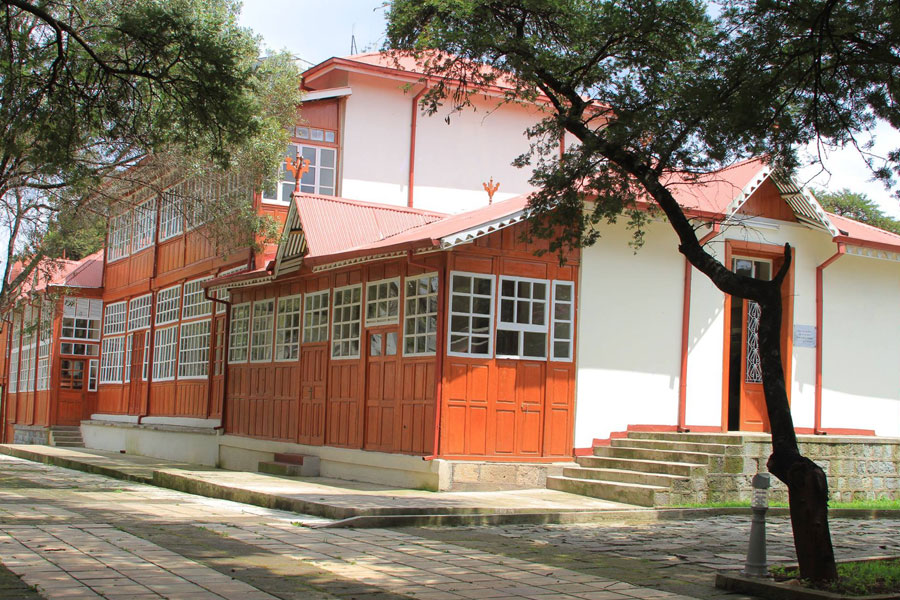
View From Arada | Aug 05,2023

Commentaries | Aug 17,2019
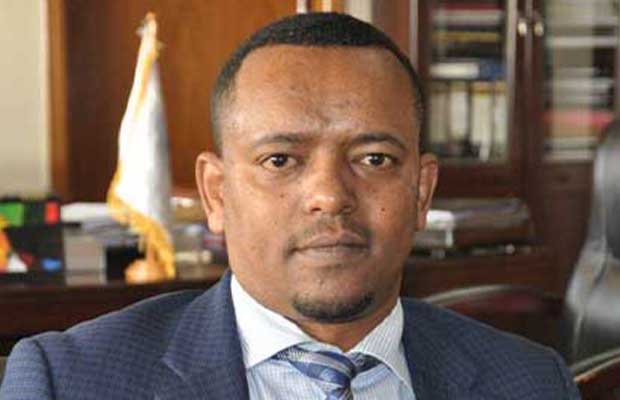
Exclusive Interviews | Jan 05,2020

View From Arada | Dec 11,2020
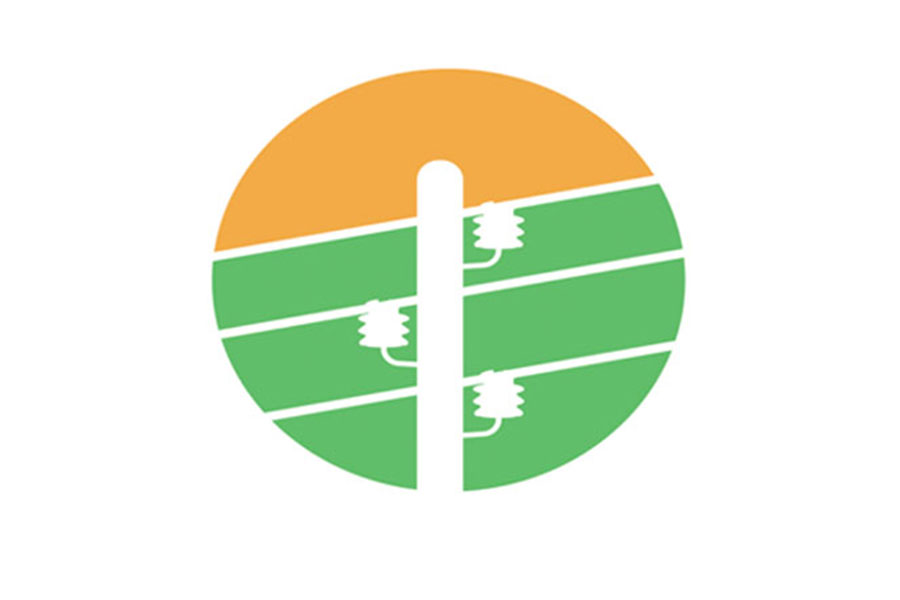
Radar | Jan 22,2022
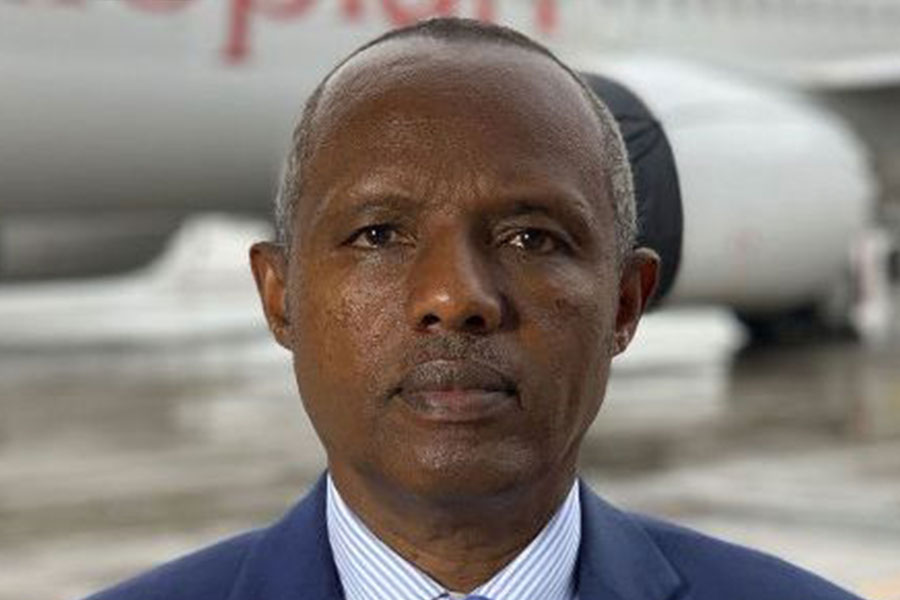
Radar | Aug 27,2022

Radar | Jul 06,2025
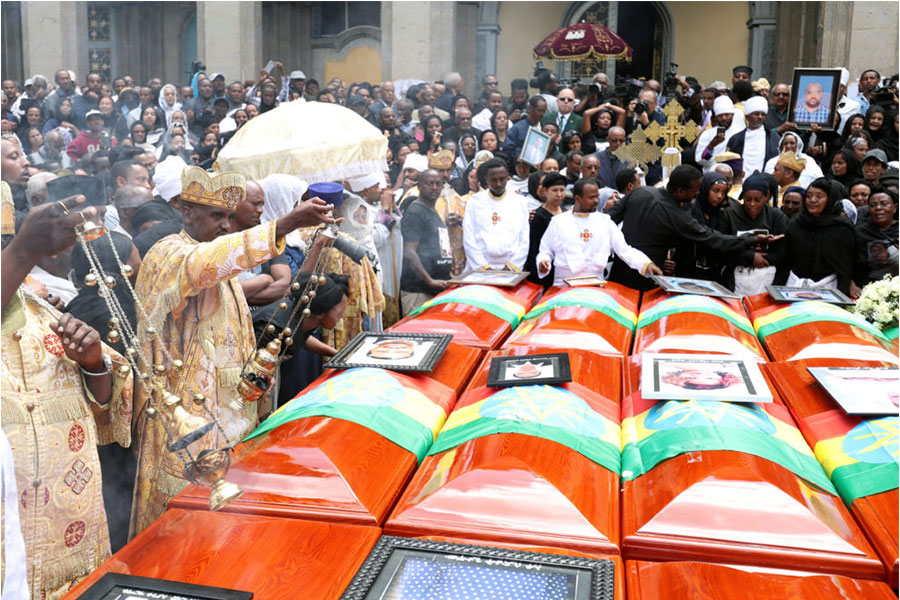
View From Arada | Mar 23,2019

Photo Gallery | 174262 Views | May 06,2019

Photo Gallery | 164487 Views | Apr 26,2019

Photo Gallery | 154644 Views | Oct 06,2021

My Opinion | 136659 Views | Aug 14,2021
Editorial | Oct 11,2025

Dec 22 , 2024 . By TIZITA SHEWAFERAW
Charged with transforming colossal state-owned enterprises into modern and competitiv...

Aug 18 , 2024 . By AKSAH ITALO
Although predictable Yonas Zerihun's job in the ride-hailing service is not immune to...

Jul 28 , 2024 . By TIZITA SHEWAFERAW
Unhabitual, perhaps too many, Samuel Gebreyohannes, 38, used to occasionally enjoy a couple of beers at breakfast. However, he recently swit...

Jul 13 , 2024 . By AKSAH ITALO
Investors who rely on tractors, trucks, and field vehicles for commuting, transporting commodities, and f...

Oct 11 , 2025
Ladislas Farago, a roving Associated Press (AP) correspondent, arrived in Ethiopia in...

Oct 4 , 2025
Eyob Tekalegn (PhD) had been in the Governor's chair for only weeks when, on Septembe...

Sep 27 , 2025
Four years into an experiment with “shock therapy” in education, the national moo...

Sep 20 , 2025
Getachew Reda's return to the national stage was always going to stir attention. Once...

Oct 12 , 2025
Tomato prices in Addis Abeba have surged to unprecedented levels, with retail stands charging between 85 Br and 140 Br a kilo, nearly triple...

Oct 12 , 2025 . By BEZAWIT HULUAGER
A sweeping change in the vehicle licensing system has tilted the scales in favour of electric vehicle (EV...

Oct 12 , 2025 . By NAHOM AYELE
A simmering dispute between the legal profession and the federal government is nearing a breaking point,...

Oct 12 , 2025 . By NAHOM AYELE
A violent storm that ripped through the flower belt of Bishoftu (Debreziet), 45Km east of the capital, in...